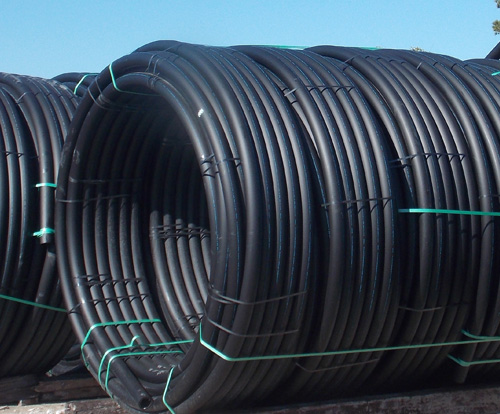We are a profound manufacturer of HDPE Coil Pipes for our highly honoured clients. They are made in a variety of sizes and specifications for numerous industrial applications. Our personnel use premium quality HDPE and other material for making these pipes in compliance with the industrial set standards and norms. These pipes are thoroughly inspected on different parameters, ensuring high strength, precise design, durability and fine finishing. They are offered by us at industry leading prices.
Apart from industrial applications, HDPE Coil pipes can be used in residential, transportation and agriculture applications. This kind of pipe can be installed under the ground. This flexible pipe leak-proof, tough, strong, and can resist temperature, chemical, weathering and abrasion. Available in the form of coil, the HDPE pipe has smooth inner surface so that liquid can flow at right speed. Material that can be transported using this pipe can be many, from edible oils, juices, chemicals, acids to treated waste.


